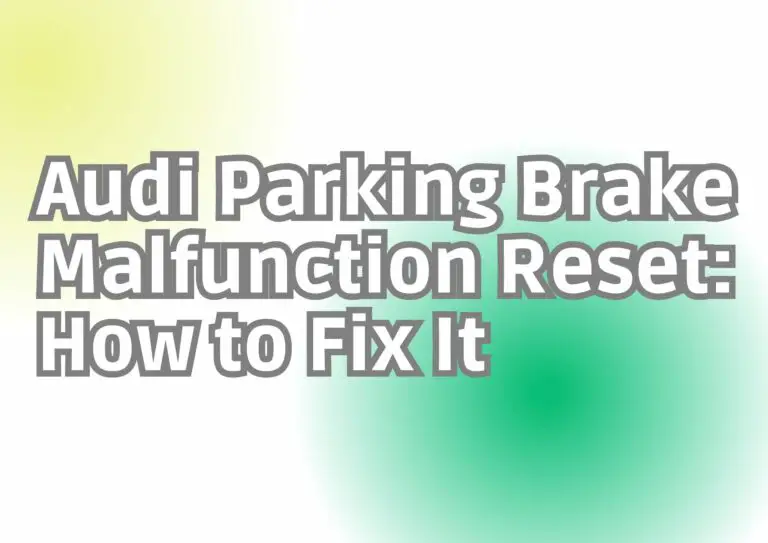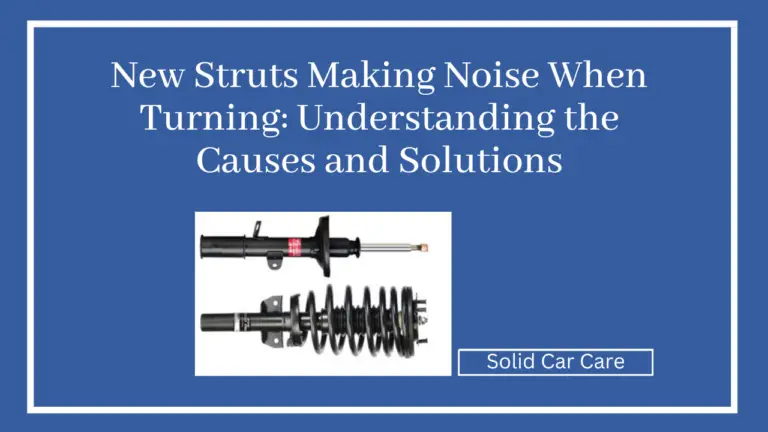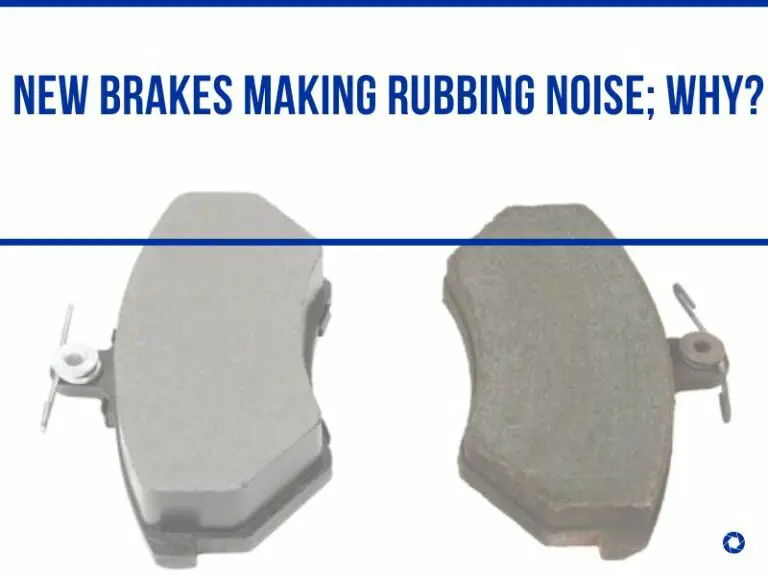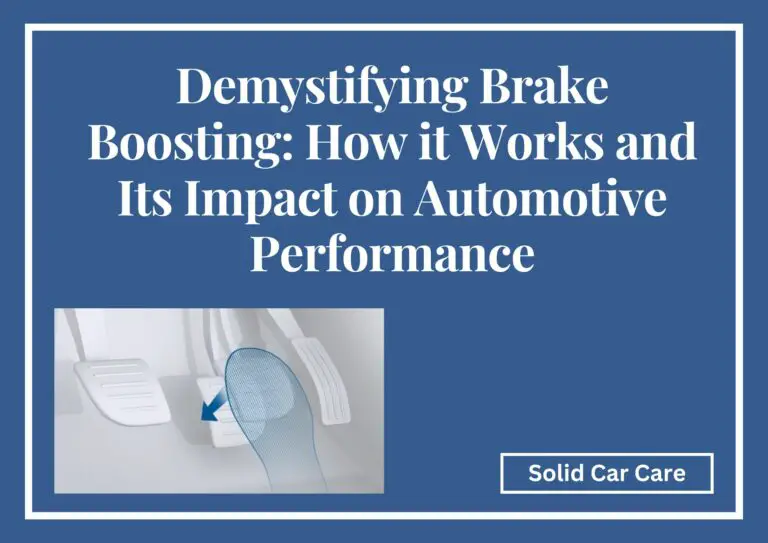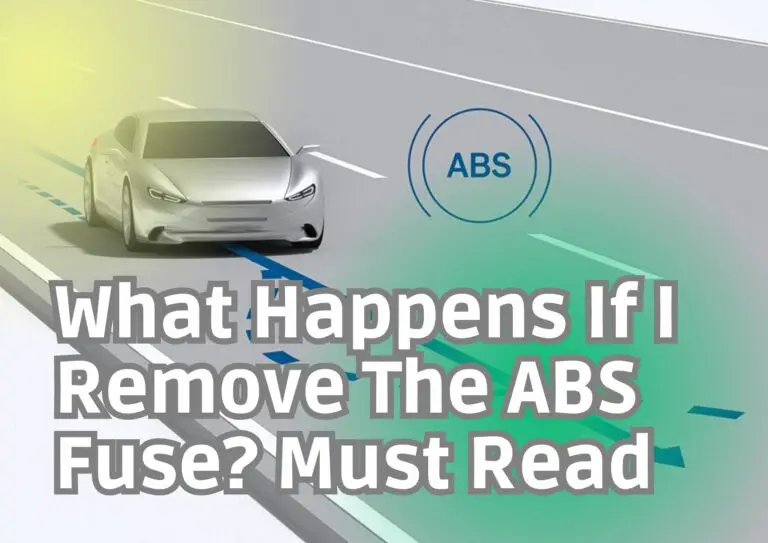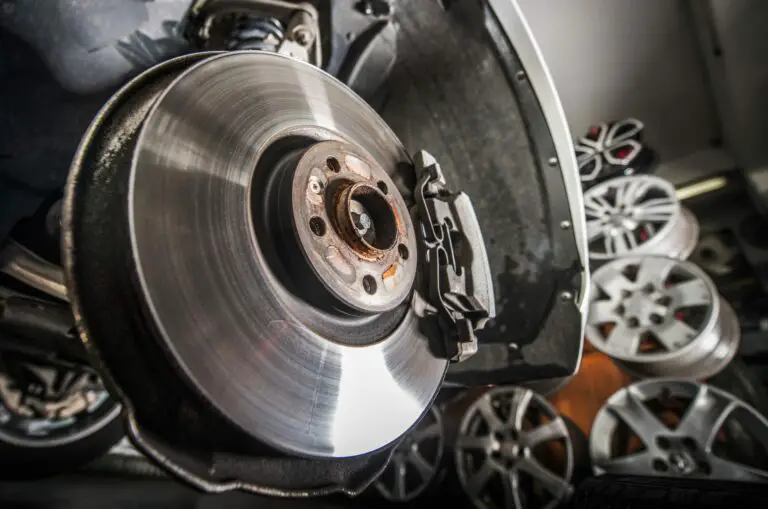Car Shakes When Braking ? everything you need to know
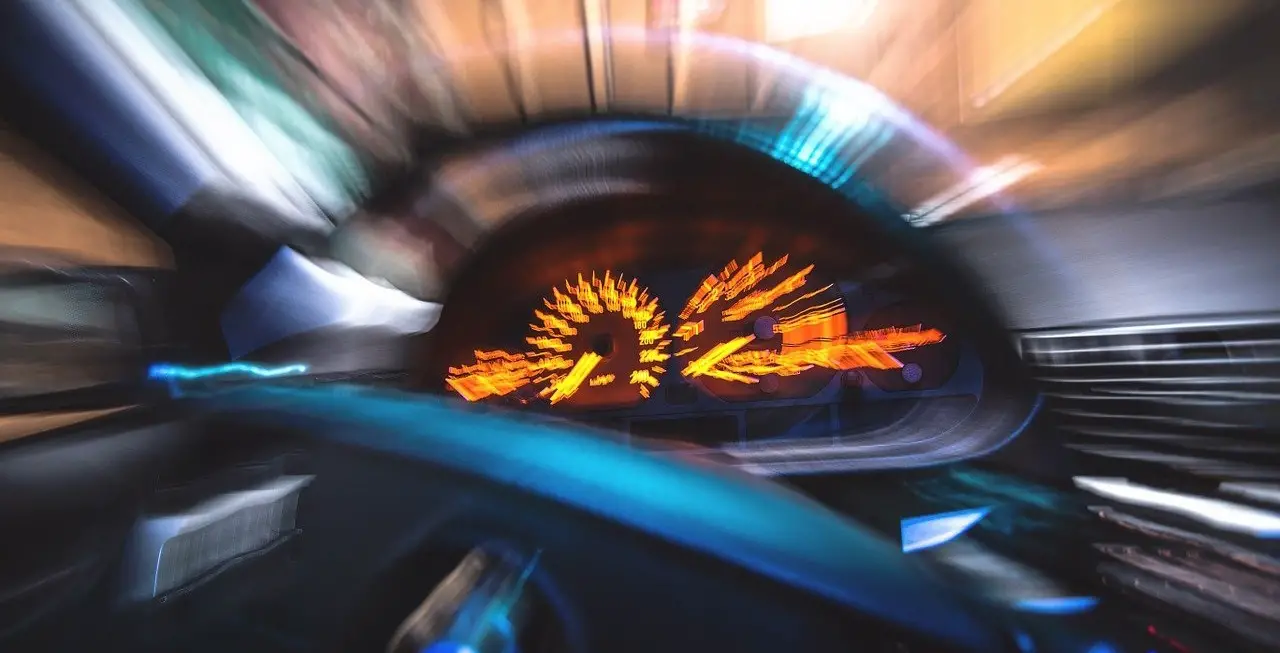
Car Shakes When Braking ? The best thing is that most of the time, the shake of the car increases when applying brakes because that is the time other parts of the vehicle stops shaking. These factors lead you to assume that the shake of the car is caused by the braking system.
Therefore it will be better if you get a thorough understanding of the shake of the car that will save both time and money you have to expend for garages.
Table of Contents
- What Does It Mean By Shaking?
- What You Should Do Soon After Realizing The Unusual Shaking?
- Stop The Car Right At The Moment!
- Down The Shutters To Hear The Shaking Along With Feeling It
- Look At The Dashboard Like Always
- Feel, Hear, And See The Shake More Properly
- Does The Shake Keep Increasing Or Worse?
- Are There Special Places Where The Shake Has Centered?
- Did It Happen At Specific Speed Ranges?
- Are There Unusual Noises From The Car?
- Causes That May Shake Both You And Your Car
- Why Steering Wheel Shakes When Braking?
- Special Note: What If The Car Shakes After New Brakes And Rotors?
- Other Shaky Situations,
- Why My Car Shakes When Stopped
- Should I Worry If My Car Shakes When Braking Downhill?
- Finally
What Does It Mean By Shaking?
If there is an up and down motion of the car when acting, you will feel that it is a quite extraordinary thing to happen. Although it is usual to occur such motion in the idling, providing gas to the cylinders or balancing the clutch, you will feel it by the smooth touch. Also, there are some other occasions you may get an unusual shake such as when there is an engine misfire, a loose nut, an off-road tour, and when the vehicle is running on low fuel.
Unlike most of the errors that can occur in a vehicle such as an engine light indication, service soon indication, misfires, multiple dashboard indications, and a sudden stop, you will get plenty of opportunities to identify the cause. As the driver of the car, you will feel it by different parts of the vehicle. For example, if you feel it through the brake pedal that will probably be due to the braking system. Also, if you feel it through the steering wheel, seat, dashboard, or the side glass that will be a thing you need to focus on as other causes.
When it comes to the strange moment when the car shakes when braking takes place, you will have to make sure it is not any other reason but only the braking system. Here are a few shake moments you might need to focus on. Also, they are not car shakes when braking but another reason.
What You Should Do Soon After Realizing The Unusual Shaking?
Unlike an engine error, you will not be able to see it coming as it is not shown on the dashboard. Therefore it will be better if you follow a few steps for the best outcome. Also, following these steps will let you have confidence if you can continue for a few miles to a service station and look for assistance right away.
Stop The Car Right At The Moment!

You must not drive the vehicle at any cost. Although the car shakes when braking, there can be several causes for that like previously mentioned. Even if it is a braking system error or any other thing, you must stop the car to stop the damage which has already been done. After a proper inspection, you may drive it to the next service station or call the assistance.
Down The Shutters To Hear The Shaking Along With Feeling It
With the lifted shutters, you won’t be able to feel the shake properly. Similar to most occasions, you must listen to all the possible causes for having a shaking in the car. Even if the car shakes when braking, the cause can be something in the environment. No one knows until you hear and feel at the same moment.
Look At The Dashboard Like Always
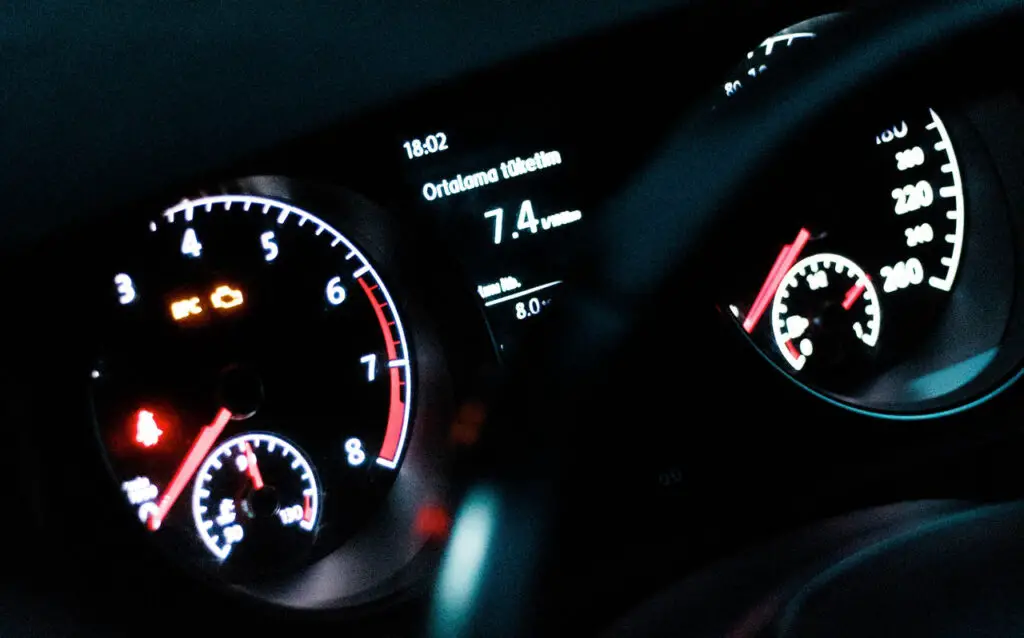
What you need to do as soon as the shake happens is to see the dashboard. A misfire can be the possible reason to shake the car unnecessarily. If it is a misfire, you will see the check engine soon light on the dashboard. Then you can move to the next option assuming the car shakes when braking is not a thing to do with the braking system.
Feel, Hear, And See The Shake More Properly
As now you have stopped the car, you can perform a few other tests by yourself. According to the nature of the shake, frequency of the shake, noise of the shake, association with the engine’s, area of the shaking takes place, and the associated other parties, you will get an idea about the shaking. Even if you can not understand it, you will be able to get voice assistance over the phone from a mechanic. Following things should be observed regarding the shake.
Does The Shake Keep Increasing Or Worse?
As the owner, you should be able to understand if the shake keeps increasing. If it does, you will realize that how hard the moment is. If the car shakes when braking only, you may not get these symptoms as you are not running the car at the moment.
Are There Special Places Where The Shake Has Centered?
As previously mentioned, the shaking of a vehicle can be caused by a single factor or a combination of a few things. As a result of the wearing and tearing parts’ shake, you have few places to look for the shaking. Steering wheel, seat, dashboard, below the bonnet, and corners are the specific areas you need to be searching for the source of the shaking.
Did It Happen At Specific Speed Ranges?
As you have already stopped the motion of the car, you have to memorize this fact. Also, you can increase the RPM value to see if still happens when the car is not moving forward. If it happens then also, you will be able to understand that the cause is not due to an error in the braking system.
Are There Unusual Noises From The Car?
If the car shakes when braking, you will probably get noises as the problem is associated with physical and wearing parts. This is a thing you should do when the car is moving already. If the car has stopped already, you should not bear the risk to run the car again. Even if you do, you should first increase the RPM without running the car.
Causes That May Shake Both You And Your Car
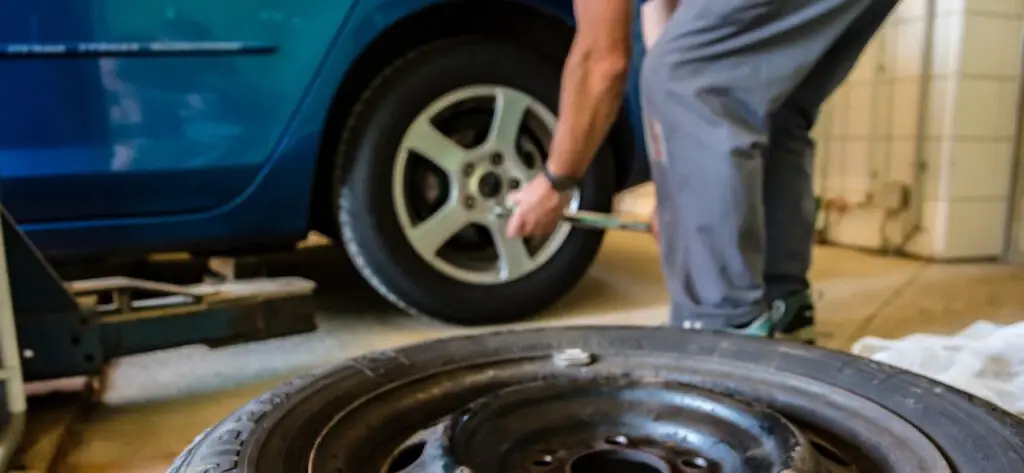
There are several causes to shake your car. If your car shakes when braking that will be a thing that can have easy fixes as it involves braking system errors. Also, it is important to know that most shaking incidents involve a braking system.
Tire
One of the specific things about tires is wearing out sooner than other parts in a car. As the only part that connects your car with the road, tires wear out quicker than any other thing. They can be considered as the best things for your safety. But, you need to be aware that if your car shakes when braking, wheels will be in the first place to commit that.
Having uneven tires, bald tires, worn tires, and many other things cause your car to shake. Here are 04 factors you need to be aware of when looking for car shaking issues.
Baldy Tyres
Having baldy tires not only shakes the car when braking but causes blowing them too. Therefore if you have baldy tires it means that you need to replace them with new ones. Otherwise, the shaking will end up with a massive noise.
Uneven Bald Spreading
When compared to baldy tires, having uneven baldy tires is extremely harmful. Because it means that your car is going on a suspension issue at the moment. If there are baldy edges on the tire, you will have to look for the suspension system for the error as replacing the tires won’t fix the issue.
Having Flat Spots
One of the most common reasons to have a shaking car is to have flat spots on the tire. But, the source for facilitating a flat tire can have two causes, having a heavy load on the car and stopped for days, and a problem in the shock absorbers.
Speed At Freeways
As one of the most economical causes to have a shaking car, you might ignore this factor. Since the speed limit is high on the freeways, you can exceed the maximum limit that you should drive in urban areas. Then the mechanical parts will move almost the maximum capacity they can in these situations causing a calibration in the car.
Braking System
As the second most common reason to have a car shakes is the braking system. If your car shakes when braking, the reason will probably be the braking system. Few things can have a shake in the car due to a problem with the braking system.
In-balance Rotors
Like previously you were taught how to find the symptoms, you will be able to find the exact cause of the brake pedal, and the steering wheel shakes at the same moment.
Why Steering Wheel Shakes When Braking?
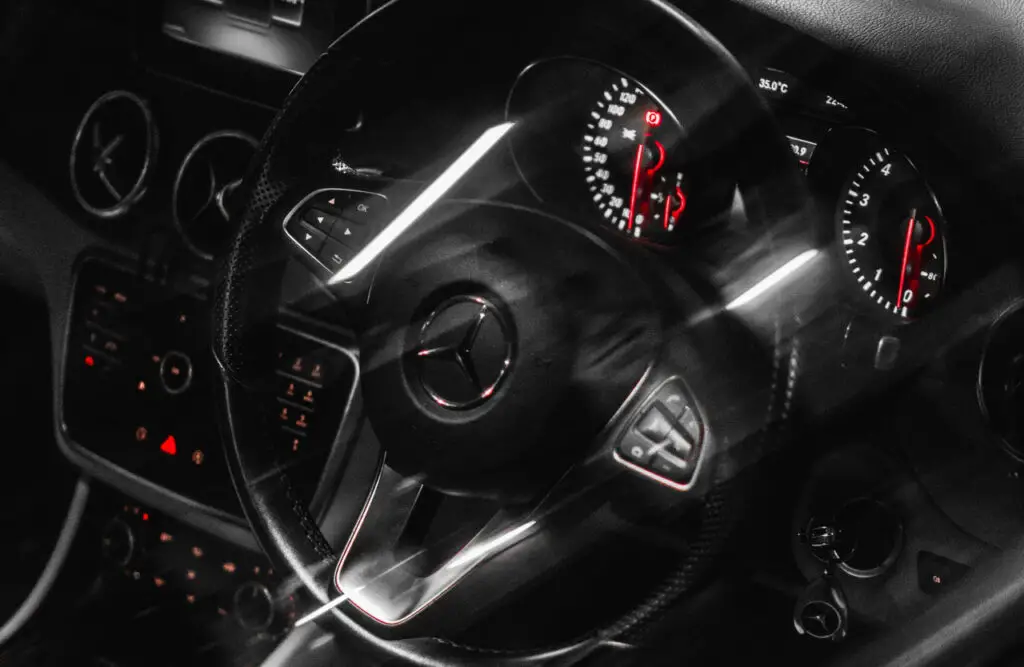
Having an unbalanced rotor causes to shake the car. Because it presses the brake pads to slow the car when you press the brake pedal. If the rotor has got a variance in the pressing, the shaking will occur in the steering wheel and the brake pedal. However, you should check the issue with a technician for confirmation.
Since the shaking can only be felt by the hands properly, you will feel that the steering wheel is shaking heavily. If you feel the brake pedal properly, the shake will be there too.
Worn Brake Pads
If you haven’t replaced the brake pads for a long time, have driven through a lot of dirt, and car shakes when braking that will be the right time to replace the pads. If the noise is a bit metallic when braking, you will be able to confirm it. As a car owner, you should remember that the replacement falls after 30, 000 – 35, 000 mileage. However, those things may vary according to the brand, use, and weather factors.
Sticky Brake Calipers
Brake calipers are the parts that are responsible for pressing the brake pads against the rotor.
When the brake fluids flow, the calipers act as a suppressing mechanism to get the task accomplished. Hydraulic pressure is one that involves creating pressure on brake pads. If the hydraulic pressure doesn’t happen properly, the calipers will be sticky causing the process to fail. If the driver feels a shake to the steering wheel along with loose breaks, sticky brakes will be the cause to be found.
Special Note: What If The Car Shakes After New Brakes And Rotors?
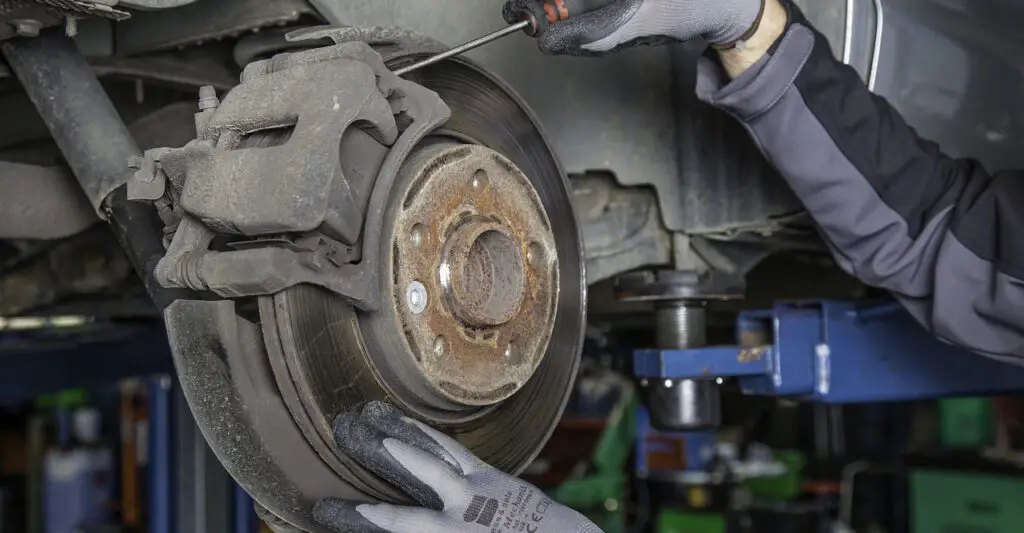
Since most of the owners face this problem, you should know that replacing the rotor and the brakes will not fix the shake of the car issue. It has to be done properly. Here are a few things you need to know about replacing the rotors and brake pads.
Check Tires First
Before replacing the tires, you should check the tires Because the simplest things can cause trouble. Although t replacement time has almost come for the rotors and the brake pads, they might not be responsible for creating the shake but the tires.
Mount The Wheels Properly Into The Car
Since most car owners think that replacing a rotor is an easy thing, they leave lots of future troubles. Sometimes they start new trouble. Mounting the rotor improperly is such a thing they do. There is a specific way to install the rotor into the car, especially into the hub. If you miss a bolt or a screw, the results will not be just the shaking but the replacement cost of the newly fixed rotor. A video tutorial will be the best thing for DIY car owners.
New Wheels Can Be A Reason
As a person who loves his vehicle than any other thing, it is natural to add new tires along with the rotor and the brake pads. As a modification, that is a good step. But, it should be done after a thorough examination. Because, if you fix the wrong wheel inch size, the noise and the shake of the car will keep producing.
Damaged Constant Velocity (CV) Axle Shaft
The constant velocity (CV) Axle Shaft is the responsible part for transmitting the power to the wheels. The flexible joints allow the drivers to go on different terrain conditions without feeling discomfort. It is covered with a rubber boot and always lubricated to function properly. Constant velocity (CV) Axle Shafts require to be replaced due to torn up conditions.
When there is a damaged Constant velocity (CV) Axle Shaft, the car will start to shake. Along with the shaking effect, there will be heavy clicking noises when turning the vehicle, grease on the edge of the tire (exposed axle shaft), and hard steering will be the possible symptoms.
Engine Issues
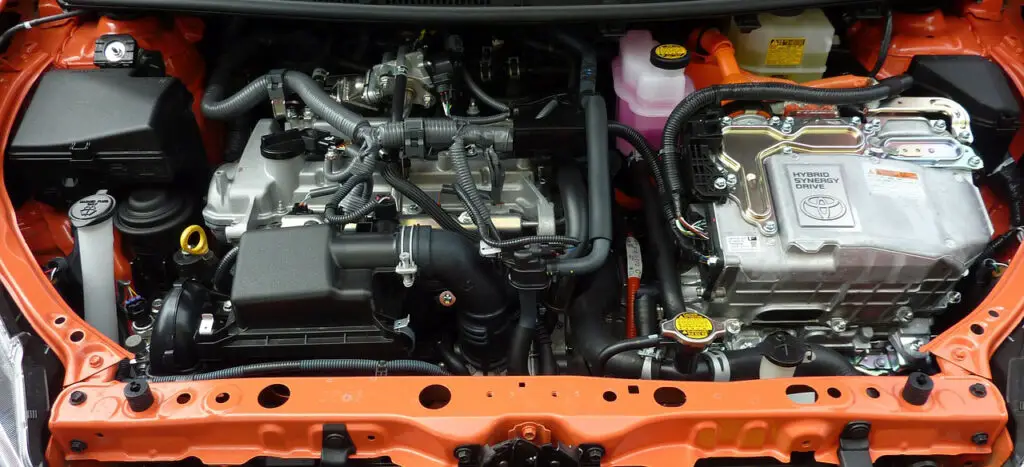
As the part with the highest mechanical involvement, the engine is capable of shaking your vehicle even in normal condition. When it comes to the expenditure you have to tolerate, you will have to bear a higher price if you don’t identify it too early. The most important thing regarding the engine is its worth. Unlike the braking system, tires, or any other part, this is the engine that we are talking about. Even if it is a minor thing you have to fix regarding the engine, you will get the best benefit by both identifying and fixing it as soon as it is found. Here are a few causes to shake the car.
Bad Engine Mount
As the largest vibrating part of the car, you will get a loose or broken engine part. There are about 04 engine mounts for a car. If one of them goes loose, the car will start shaking. Engine tilting, an engine moving forward, damaged engine blocks, and repeated sounds in the engine bay are the special symptoms that you can get from a bad engine mount.
Misadjusted Belts
Belts of an engine perform a significant task in transferring the power to other parts of an engine like exhaust fans, A/C compressor, and Alternator. If you have a misadjusted or a worn up belt, there will be a vibration effect in the other parts. Since the pulleys are not rotating properly and the fans are not working, there will be sounds from the below part of the engine. Readjusting the belts will fix these situations. If you wait too long, there will be severe consequences for you to bear as a failed cooling system can do many damages.
Faulty Spark Plugs And Ignition Coils
If the dashboard check engine light is on at the moment when the shake happens, you must be probably having a misfired engine. One of the symptoms of having a shaky engine is a misfire in one of the cylinders. Since the combustion is not going on according to the scheduled process, one of the engines is not performing well or disabled. Scanning the car I the best way to read the error. Replacement of ignition coils or plugs will fix these issues. Also, sometimes an engine tune-up will suffice.
Other Shaky Situations,
Why My Car Shakes When Stopped
If your car shakes when stopped or idling, there will be nothing you to shake if you find the right steps. It is similar to the situation you face when a car shakes when braking is in progress.
Cloggy Fuel Injectors
The utmost reason your car shakes when stopped is having dirty or clogged injectors. Carbon and other sediment deposits clog the fuel injectors causing them not to work properly. A few other outcomes are to create vibration, misfires, and shakes due to uneven fuel amounts delivered to the cylinders.
Damaged Timing Belt
If the timing belt of your car is cracked, too stretched, damaged, or torn, it will not be able to control some of the timings pretty well. The best thing that you can see is to have a shake in the idling or stopping the car. These signs should be cared for as a warning and replace the timing belt.
Dirty Spark Plugs
Since the required ignite is not delivered through the dirty spark pugs, there will be misfires causing car shakes when stopped. Replacing with the correct plugs will easily fix this issue.
Vacuum Hose Disconnection
Although it is one of the things that you don’t expect to happen, a disconnected vacuum house can create car shakes when stopped and shaking when driving the car. If you see a disconnected vacuum have in the engine compartment, that will be the reason to create trouble.
Faulty Airflow Sensor
One of the reasons to have a car shakes when stopped or idling can be a faulty air flow sensor. Since the air: fuel ratio is uncalculatable, the vehicle’s engine fails to perform smoothly. The results will be car shakes when stopped or idling.
Should I Worry If My Car Shakes When Braking Downhill?
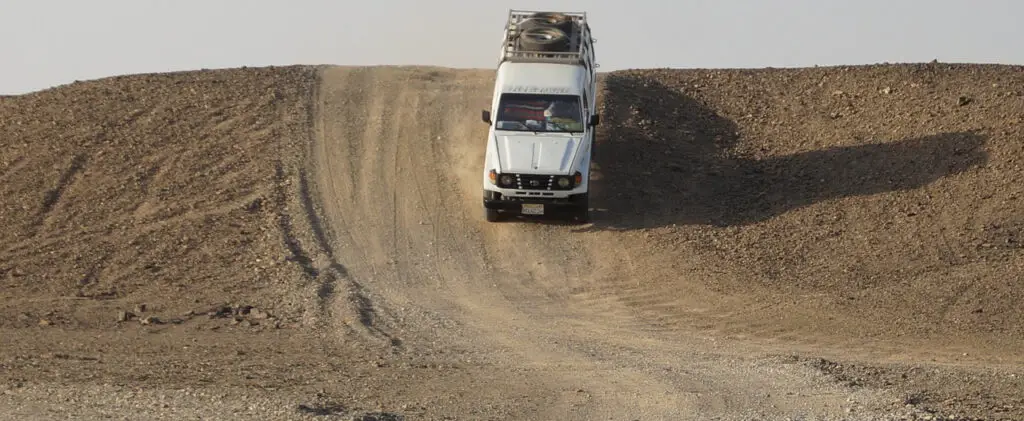
Of course, this is nothing you need t worry about. After you pushed the brake pedal, the rotors are working ad becoming warped due to the burden of the vehicle. When it comes to a moment like downhill, the rotors get a higher burden to work with. Then the rotors start to warp and the end heat goes up. The result is the expansion of the metallic rotors creating the vibration and the shake to slow the car.
Finally
The vibration of the physical parts of your car must be a thrilling thing when you were learning to drive. The shake that comes when the clutch balance is maintained is a great thing to experience. The moment when it does feel the car is almost moving when both your feet are mounted on the accelerator and the clutch is nothing you need to worry about. But, when it comes to the shaking comes along with the braking, that is a thing you need to pay immediate attention to. Also, other shaking situations should be read for the sake of your loving car as a car person.

